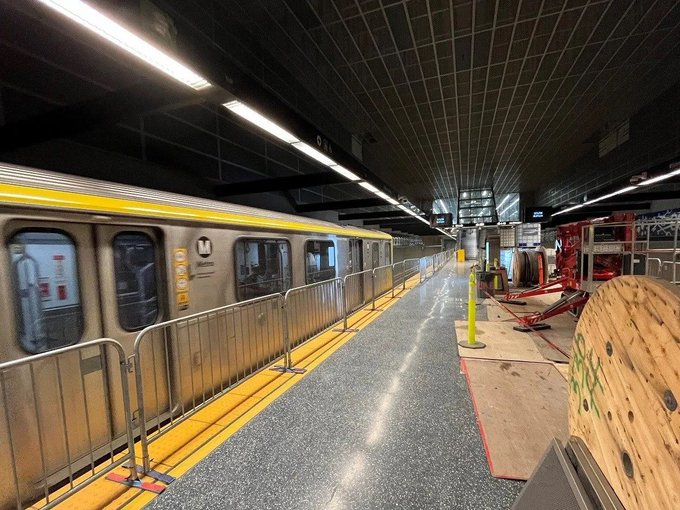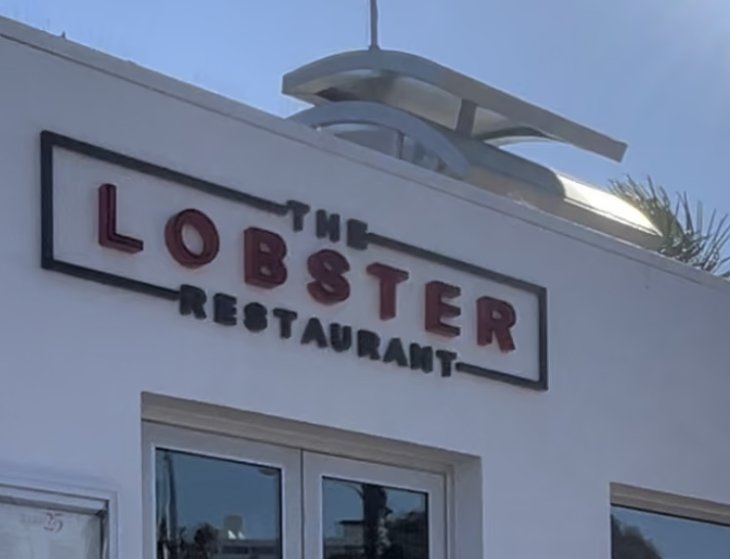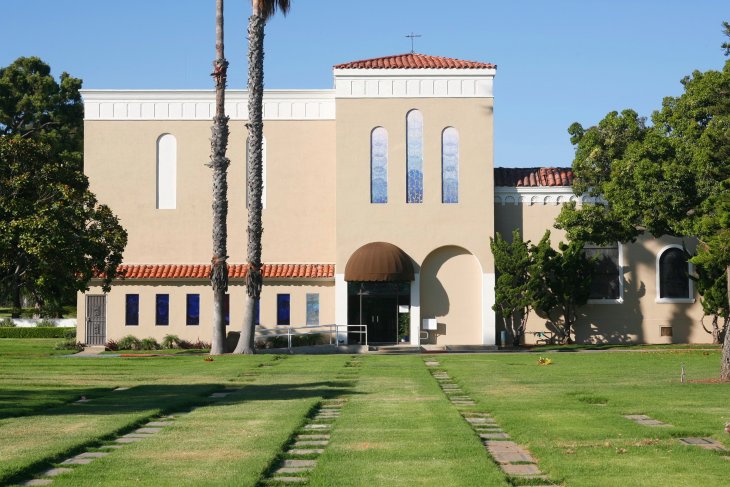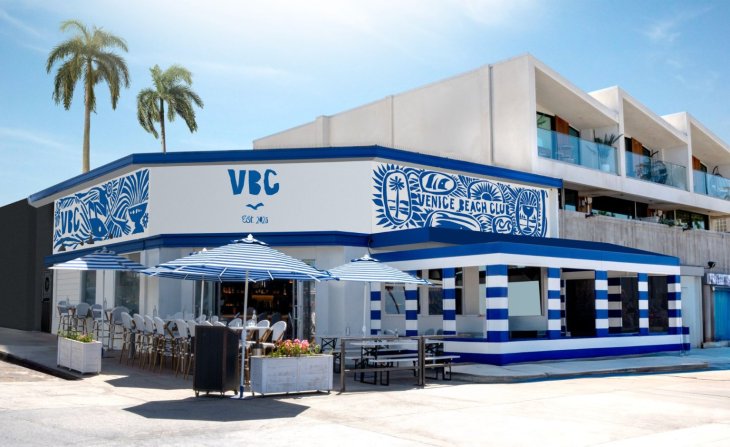The Los Angeles City Council took a step Tuesday toward divesting city funds from Wells Fargo over the bank’s fake accounts scandal and its support of the Dakota Access Pipeline.
The city does the majority of its banking with Wells Fargo through 800 accounts and holds more than $40 million in securities with the company.
The motion approved on a 14-0 vote does not cancel the city’s contract with Wells Fargo, but directs the Office of Finance and other departments to report on options for doing so and outline criteria and standards the city would have in any future agreements with banks.
“It’s time for us to endeavor to only do business with ethical financial institutions that have high standards and ethical standards. This is a very fiscally sound approach to looking at what divestment will mean, and it’s a very complicated and intricate matter,” said Councilman Mitch O’Farrell, who introduced the motion with Councilman Paul Koretz.
The motion cites the bank’s support of the Dakota Access Pipeline as a reason for the possible divestment, as well as a lawsuit the city settled with Wells Fargo last year after some of the bank’s employees created more than two million unauthorized accounts as a way to meet aggressive sales goals set by management. The bank paid $50 million in civil penalties to the city of Los Angeles and $135 million to two federal agencies, and was ordered to provide restitution to affected customers.
The motion states that the city “has historically upheld strong principles protective of the environment and the health and welfare of its residents. Wells Fargo’s support of the Dakota Access Pipeline Project is at odds with these principles.”
The oil pipeline that runs more than 1,100 miles from North Dakota to Illinois sparked a months-long protest near the Standing Rock Sioux Reservation. Members of the tribe opposed the project because they said it passed over a sacred burial ground and would threaten their water source.
Pipeline construction was halted in November by the Army Corps of Engineers, but President Donald Trump signed an executive order in January instructing the agency to finish the project. Oil has been flowing through the pipeline since March.
The motion directs the Office of Finance to develop a new request for proposals to use when reaching agreements with banks and report back to the council on its wording.
The retooled RFP will include the institution’s Community Reinvestment Act score, which tracks a bank’s level of lending, investments and services in low- and moderate-income neighborhoods. Wells Fargo’s score took a significant hit recently due to the fake accounts scandal.
The council directed that the new RFP require a bank to disclose any recent regulatory action taken against it, and its compliance with the terms of the city’s Responsible Banking Ordinance, which was created in 2012 and requires banks doing business with the city to disclose information on loans and foreclosure activity.
The motion also directs the Office of Finance to report on the impacts of suspending activity with Wells Fargo until it improves its CRA score to satisfactory, and for the City Attorney’s Office to report on the possibility of discontinuing its business with Wells Fargo based on its CRA score.
The Office of Finance will also offer recommendations on creating the city’s own panel to judge and rank banks, and to create a report on the possibility of diversifying its banking services among a variety of contractors.
Representatives of some business and nonprofit groups, including the Los Angeles Boys and Girls Club, United Way, Valley Industry Commerce Association and Los Angeles Area Chamber of Commerce, spoke in favor of Wells Fargo at a Budget and Finance Committee meeting Monday, citing the charity work the bank supports. In 2016, Wells Fargo donated $281.3 million to nonprofit organizations nationwide.
Councilman Mike Bonin said the two sides of Wells Fargo — the charitable side and the side that created millions of fake accounts — reminded him of the opening of the Charles Dickens novel “A Tale of Two Cities” that reads, “It was the best of times, it was the worst of times.”
Bonin and other council members on the committee also struggled with how they could craft future agreements with banks to assure they fit their criteria of being socially responsible in their investments.
“I want to go to where Mr. O’Farrell was pointing in the motion, but I’m still a little murky on what steps we need to take to do that,” Bonin said.
Councilman Paul Krekorian agreed with Bonin on the complexity.
“The fact that you are wrestling with this the way you are … is reflective of just what you said about the complexity of this and how ….there is no simple way to do that, particularly when you are talking about investments of international or national organizations like this which are across the board. And what we decide at any particular time, or what any future council decides is an acceptable versus an unacceptable investment to make is going to be a fluid process,” Krekorian said. “And so evaluating that becomes problematic.”
It was also mentioned by Councilman Bob Blumenfield that nearly every major bank in the nation supported the Dakota Access Pipeline.
In February, the Seattle City Council voted to end its banking contract with Wells Fargo when it expires in 2018 due to the bank’s financial support of the pipeline project. Davis in Northern California and Santa Monica have made similar moves.
Wells Fargo executives said in a February statement that Wells Fargo is not the lead bank on the project but merely one of 17 financial institutions that made a loan to the developers of the pipeline. The company said it lent $120 million to the project.






















